Turkey Tail: Medicinal Mushrooms
Posted: 04 Feb 2024 by MYG
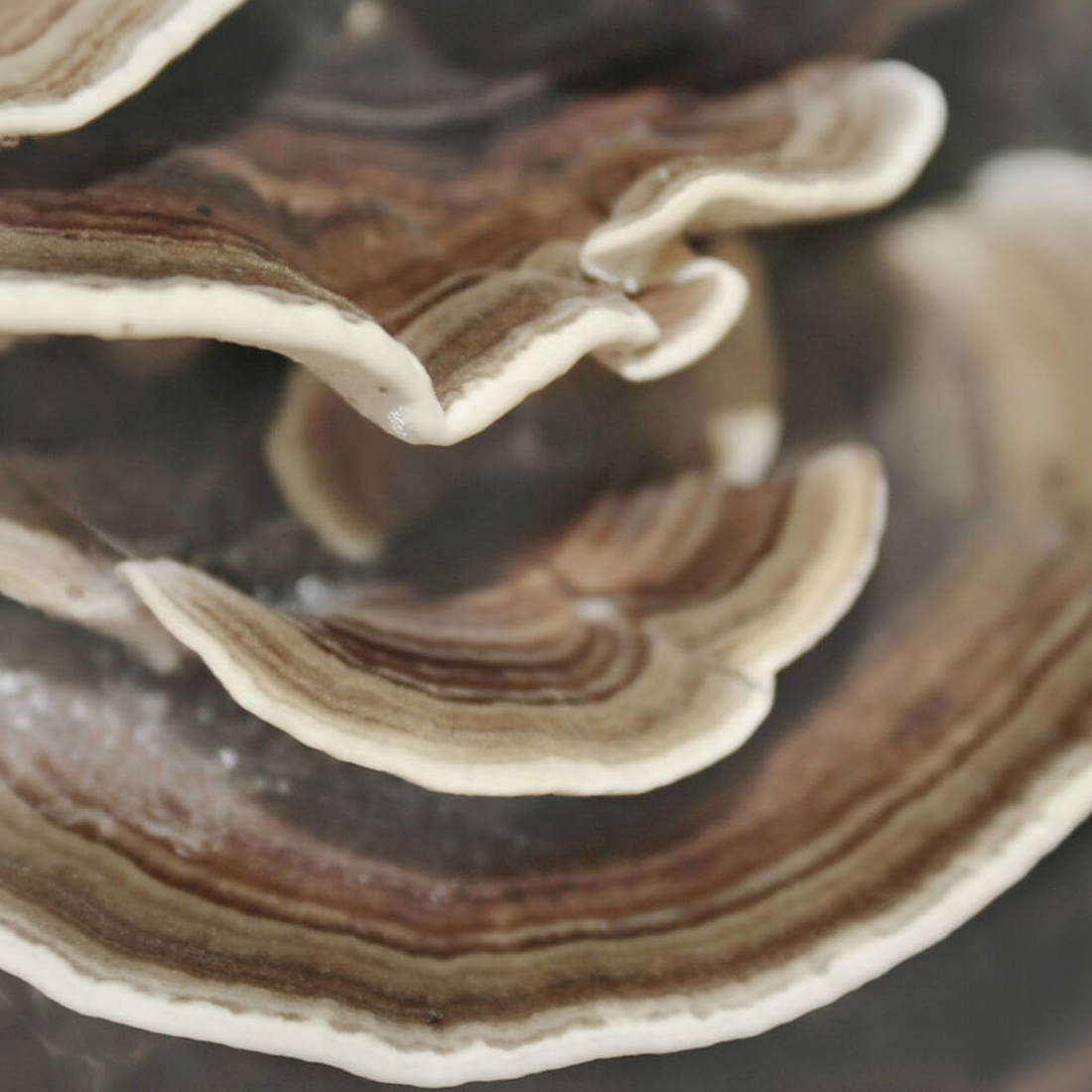
With a kind of woody and velvety body the Turkey Tail mushroom has characteristic colors that resemble the tail of the peacock, hence its name, also Known as Coriolus Versicolor.
What Is Turkey Tail?
With a kind of woody and velvety body the Turkey Tail mushroom has characteristic colors that resemble the tail of the peacock, hence its name, also Known as Coriolus Versicolor. This mushroom usually grows naturally in different areas and climates although its use is limited mainly to the medicinal field and is probably one of the most studied mushrooms.
Powerful benefits of Turkey Tail
In Traditional Chinese Medicine (TCM), Turkey Tail is used to “stimulate the spleen-pancreas complex”, which is used to “reduce Tan” (the Chinese term for any tissue formation caused by the accumulation of phlegm, fibroids, cysts, etc.). It also “disperses dampness and unblocks and tonifies Qi (flow of vital energy)”. The most important compounds include polysaccharides such as beta-glucans, mannitol, and proteoglycans such as polysaccharide K (PSK) and polysaccharide peptide (PSP), as well as sterols. Glycoproteins (such as PSK) have been extensively studied for the development of different drugs. The areas of interest for the study of C. versicolor are:
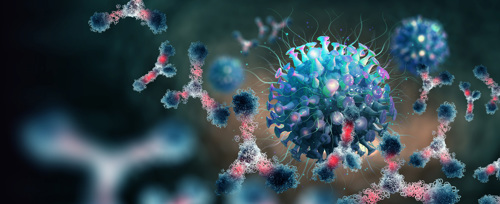
Immune System- Medicinal properties of Turkey Tail enhances the natural immune response. Particularly helpful for people with autoimmune conditions.
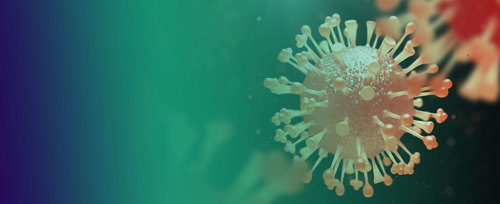
Antiviral- Potent agents found in Turkey Tail provide protection against bacterial, viruses and viral infections.

Reduces peripheral neuropathies- Such as weakness, numbness, insensitivity and pain, usually in the hands and feet.
Powerful nutrients of Turkey Tail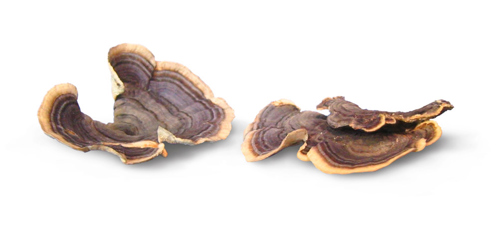
- Beta-glucans, working to support the immune system.
- Proteoglycans, powerful actions on the immune system.
- Sterols, a natural type of fat with many benefits, including lowering cholesterol.
- Ergosterol, phytosterol precursor of Vitamin D.
- PSK, polysaccharide K or Krestin
- PSP, polysaccharide peptide
- Bactericide, a powerful antiviral agent.
Discover our Turkey Tail products:
From the blog

A Footballers Journey with Sports Hypnotherapy
I came to see Claire for hypnotherapy to help me with my performance in my game. I know I am good enough but putting it into practice and showing it on the pitch even if other people would react badly was stopping me from playing with freedom.
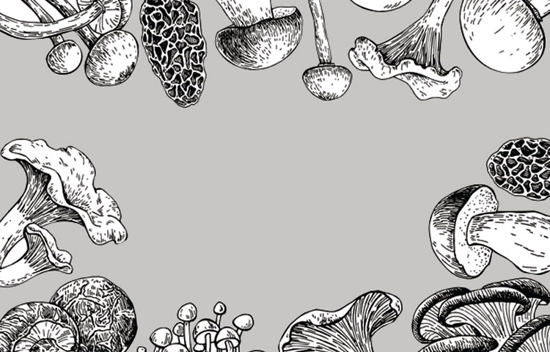
What Mushrooms Can Do For Your Health
Mushrooms are fascinating powerhouses of nutrients and compounds that provide many positive health benefits for humans, including...
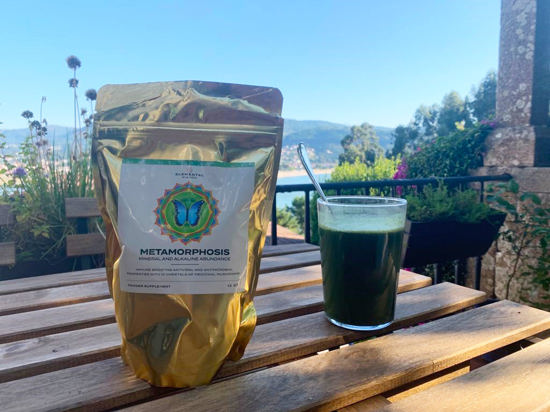
Metamorphosis Morning Smoothie Recipe
Boost Your Energy & Vitality With Our Metamorphosis Smoothie.